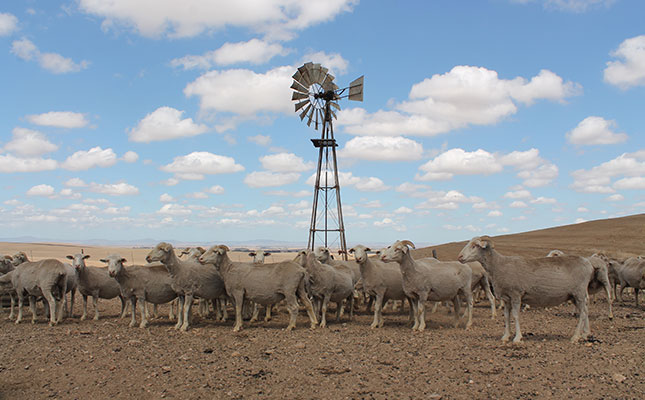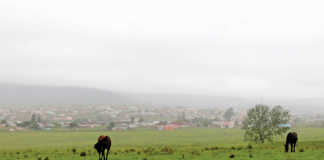
Photo: FW Archive
Almost a third of South Africa’s population lives in remote rural areas on communal, subsistence agricultural land.
Communal land areas largely constitute what was the former homelands prior to 1994. According to Prof Phillippe Burger, vice-chancellor and professor of economics at the University of the Free State, it was vital that measures be put in place to commercialise communal farming in the quest to alleviate poverty and create economic opportunities. That was why securing tenure rights for these farmers were so important.
In an interview with Farmer’s Weekly, he said the country’s urban population was expected to increase to between 50 million and 52 million by 2035, while the rural population was expected to decline somewhat.
“The new urban migrants will need houses, shops and jobs, among other [needs]. They will also need food, [which creates] enormous opportunities to expand the agriculture sector. In this way, urbanisation can serve as a foundation for thriving rural economies.”
However, this depended on securing tenure rights for small-scale farmers on communal land in order to facilitate commercialisation of their farming operations.
Burger said one of the major challenges for any commercialisation initiative was that tenure was not necessarily the same as securing property. The problem was further exacerbated by the fact that overlapping tenure also occurred.
This meant, for instance, that once a farmer’s harvest had been completed, another person’s cattle could graze the stover, while a third person had the right to collect wood and water from the same piece of land.
“The [inequitable] application of current legislation pertaining to tenure and tenure rights is one of the most serious challenges subsistence farmers face. The fact that the existing legislation unduly benefit traditional leadership adds insult to injury. This is underpinned by the endless legal battles between traditional leaders and members of communal communities,” Burger explained.
He said a controlled single channel marketing system for subsistence farmers affiliated to agribusinesses could be instrumental in creating additional value and affording them access to the agricultural value chain.
“These farmers have no access to funding at all. A special funding system designed to meet their particular needs is imperative to help them produce a surplus. This would help them to increase their income and improve their lives significantly,” Burger added.
Communal land tenure arrangements in South Africa were very complex, according to Annelize Crosby, head of the Land Centre of Excellence at Agri SA.
She said the Communal Land Rights Bill, which was supposed to assist with clarifying and strengthening land rights in communal areas, was enacted in 2004, but was struck off the roll by the Constitutional Court in 2010, due to a lack of proper consultation prior to the enactment thereof. Subsequent attempts to revive the legislation had so far failed.
Another piece of legislation, the Upgrading of Land Tenure Rights Amendment Bill, was currently before the National Council of Provinces in Parliament.
“This legislation provides for the application [to convert] certain types of land tenure rights, such as leasehold, quitrent title, and permissions to occupy, to ownership. Occupiers who were awarded permission to occupy rights under the old system are legally protected by the Interim Protection of Informal Land Rights Act. However, this was always intended to be an interim step and not a final resolution to their tenure insecurity,” Crosby explained.











